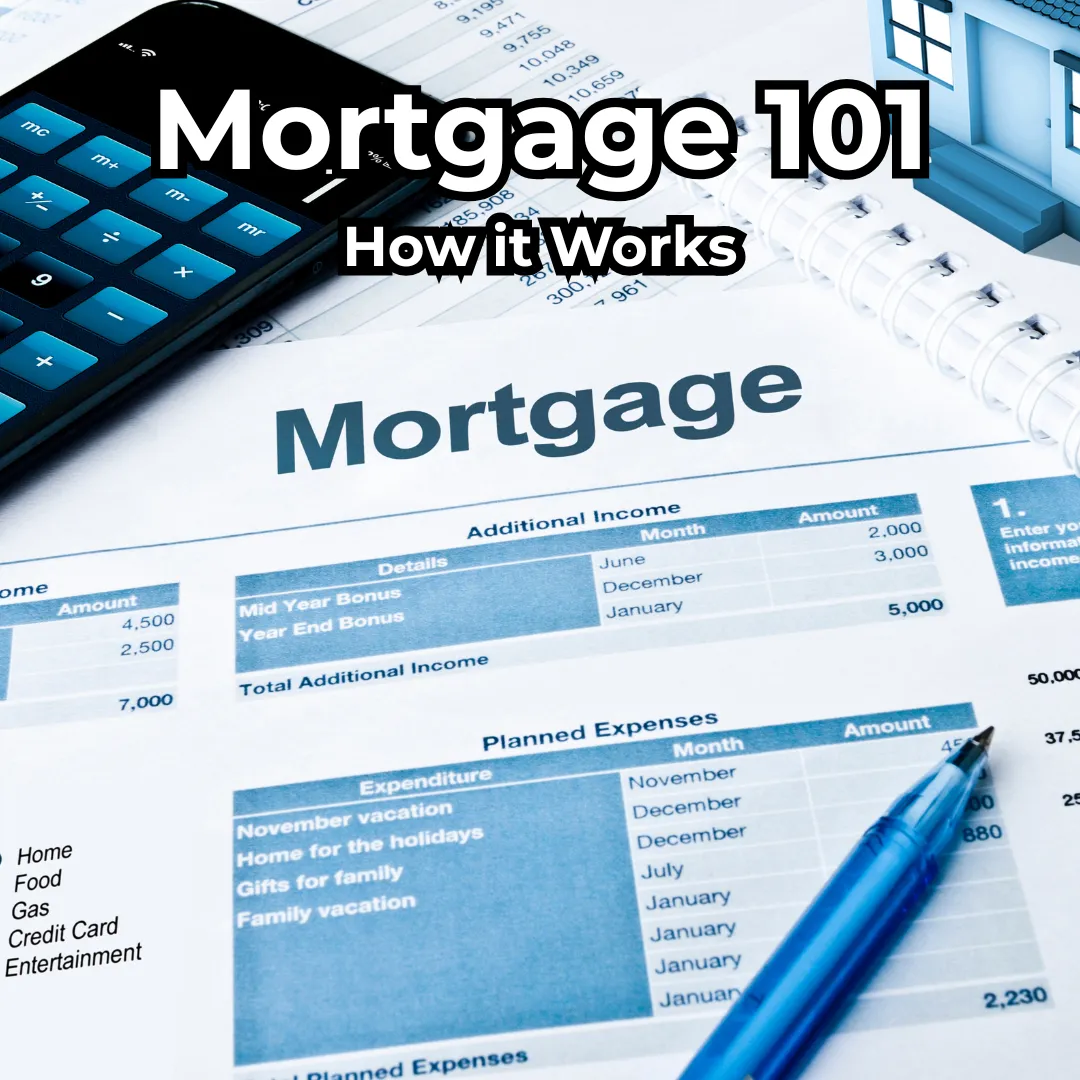
Mortgage Basic
Mortgage Basics: Guide to Home Loans & Rates
Learn the basics of mortgages — how they work, loan types, down payments, and rates — to make smart home-buying decisions and save money.
Mortgage Basics: Understanding How Home Loans Work
Buying a home is one of the biggest financial decisions you’ll ever make — and understanding how mortgages work is the first step toward confident homeownership. Whether you’re a first-time buyer, refinancing, or exploring investment properties, knowing the basics can help you save thousands in the long run.
🏦 What Is a Mortgage?
A mortgage is a loan used to purchase real estate. You borrow money from a lender (such as a bank or mortgage broker) and agree to repay it over a set period — usually 15 to 30 years — with interest. The property acts as collateral, meaning the lender can claim it if you stop making payments.
📊 Types of Mortgages
Fixed-Rate Mortgage – The interest rate stays the same for the entire term. Ideal for stability and predictable payments.
Variable (Adjustable) Rate Mortgage – The interest rate changes based on market conditions. Great when rates are low and you can handle fluctuations.
Conventional Mortgage – Requires a 20% down payment to avoid mortgage insurance.
Insured Mortgage – Allows buyers with less than 20% down payment to qualify, with added mortgage insurance premiums.
💰 Key Mortgage Terms to Know
Principal: The amount you borrow.
Interest Rate: The cost of borrowing money, expressed as a percentage.
Amortization: The total time (usually up to 25 years) to repay your mortgage.
Term: The period your current mortgage rate and conditions apply (e.g., 5 years).
Down Payment: The upfront amount you pay toward the purchase.
✅ How to Qualify for a Mortgage
Lenders review your credit score, income, debt-to-income ratio, and employment history. The higher your credit score and income stability, the better your mortgage terms will be.
Tip: Get a pre-approval before house hunting — it shows sellers you’re serious and helps set your budget.
🔁 Refinancing Your Mortgage
Refinancing means replacing your existing mortgage with a new one, often to get a lower interest rate or access home equity for renovations or debt consolidation.
📉 What Affects Mortgage Rates?
Mortgage rates are influenced by:
Bank of Canada or Federal Reserve policies
Bond yields
Inflation trends
Economic conditions
Rates can change daily, so it’s smart to compare multiple lenders or brokers before locking in your rate.
🧮 Tools and Tips
Use a mortgage calculator to estimate monthly payments and compare rates. Consider how property taxes, insurance, and utilities affect your overall budget.
🏡 The Bottom Line
Understanding mortgage basics helps you make smarter financial choices and ensures your home purchase fits your long-term goals. Partnering with an experienced mortgage broker can make the process easier, faster, and more affordable — helping you secure your best rate with confidence.